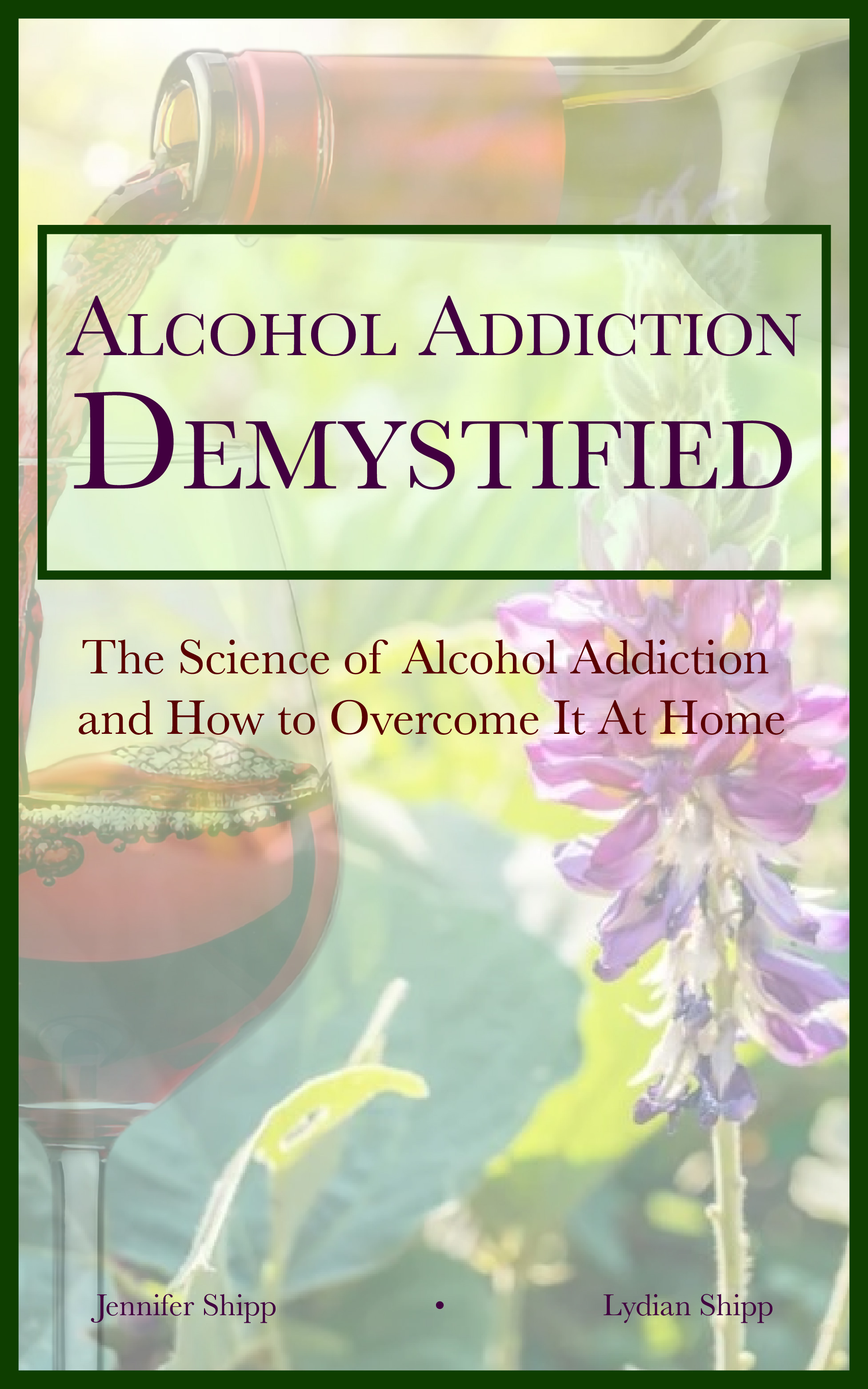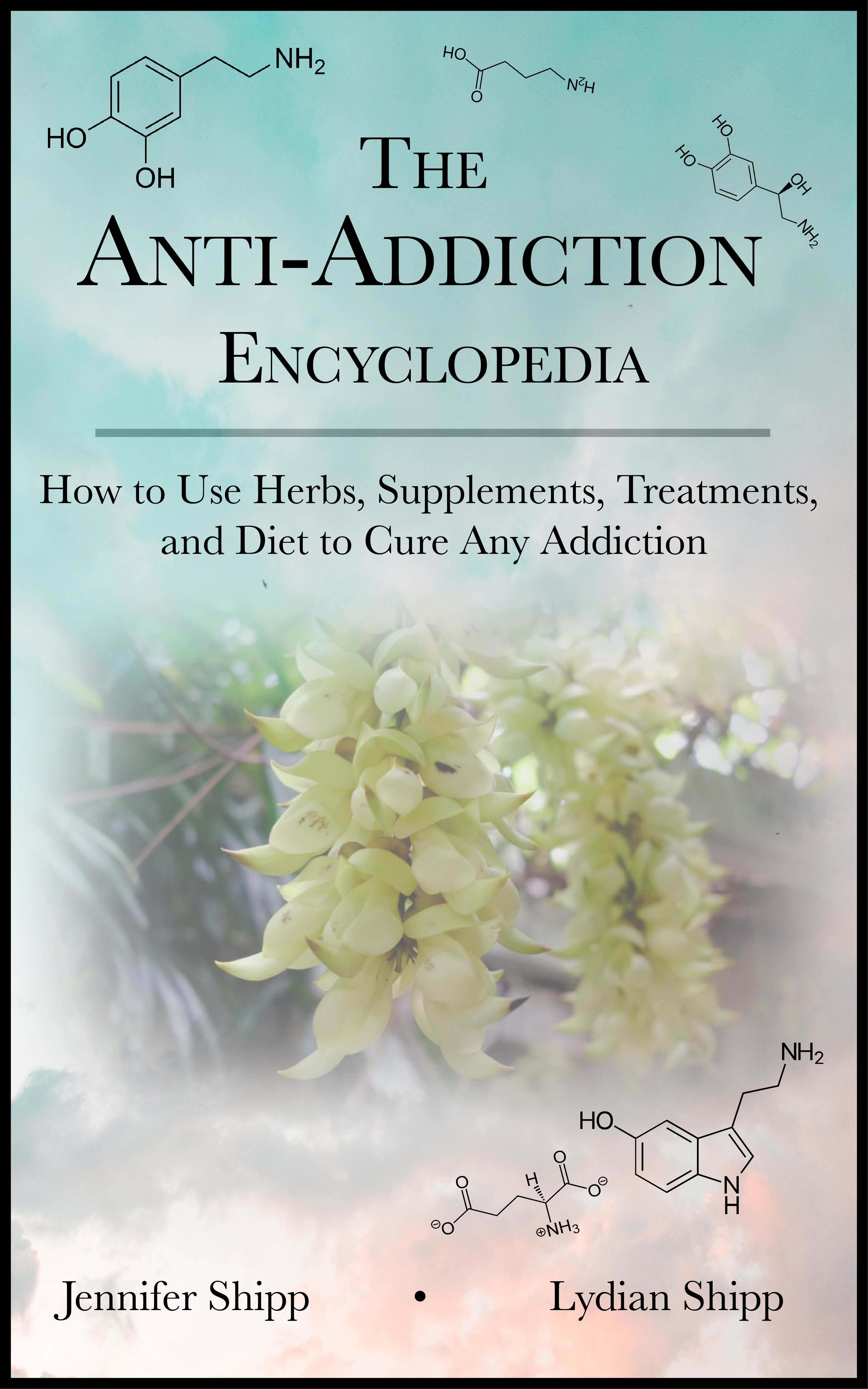Ubiquinone: A Supportive Nutrient for Addiction Treatment
 Though the amino acid L-Tyrosine is one of the most important at-home addiction treatments for people who are addicted to methamphetamine or cocaine, Coenzyme Q10 is another important component of an at-home treatment for addiction. People addicted to a variety of different substances can benefit from Coenzyme Q10 treatment, particularly during withdrawals and detox. Coenzyme Q10 is a vitamin-like substance that’s made in the body and used by all cells to create energy and to protect the cells from damage. It’s so ubiquitous in food, human cells, and nature that it is also known as ubiquilone. The human body can usually make coenzyme Q10 which is why it isn’t considered a vitamin, but when the body isn’t able to make enough, deficiencies of this substance can lead to a build-up of free radicals in the body and the brain. It is well-tolerated even at high-doses. It is best to take coenzyme Q10 with vitamin E to enhance its effects in the body.
Though the amino acid L-Tyrosine is one of the most important at-home addiction treatments for people who are addicted to methamphetamine or cocaine, Coenzyme Q10 is another important component of an at-home treatment for addiction. People addicted to a variety of different substances can benefit from Coenzyme Q10 treatment, particularly during withdrawals and detox. Coenzyme Q10 is a vitamin-like substance that’s made in the body and used by all cells to create energy and to protect the cells from damage. It’s so ubiquitous in food, human cells, and nature that it is also known as ubiquilone. The human body can usually make coenzyme Q10 which is why it isn’t considered a vitamin, but when the body isn’t able to make enough, deficiencies of this substance can lead to a build-up of free radicals in the body and the brain. It is well-tolerated even at high-doses. It is best to take coenzyme Q10 with vitamin E to enhance its effects in the body.
I have a relative who grew up in a third world country and when he was attending the university, he was given meth to help him study. He became addicted to it. Later, when he wanted to quit, it wasn’t possible to find L-Tyrosine or any other alternatives for addiction treatment, but I was able to find and order Coenzyme Q10 and melatonin and send that to him. At the time, he couldn’t travel and his options were really limited in terms of treatments. So I recommended that he eat a lot of protein in the form of chicken, eggs, and milk and that he take high doses of the Coenzyme Q10 right away (the melatonin arrived at a later date). He was skeptical and a little scared of pills (since the last time he took a pill, he got addicted to it), so he took just one that first day. The next day he reported that he felt better and he said that liked the pills. They helped! So, I’m writing this article now to explain why they helped and how someone who’s addicted to meth or cocaine, alcohol, or even opioids might use Coenzyme Q10 to get through detox and withdrawals more easily.
How Coenzyme Q10 Relieves Addiction Withdrawals and Detox
Both cocaine and methamphetamine have neurotoxic effects. Taking coenzyme Q10 can protect the brain by inhibiting uptake of dopamine at receptor sites (both meth and cocaine cause a huge release of dopamine in the brain). Several studies have shown that coenzyme Q10 protects the brain from being damaged by the drugs, but that’s not all. Coenzyme Q10 scavenges for free radicals to detoxify the brain of toxic by-products left behind by drug abuse. And at the same time, it spurs an increase in mitochondria (the batteries of brain cells that produce energy) that’s significant enough that coenzyme Q10 had grabbed the attention of scientists who are searching for cures for diseases like Alzheimer’s, Parkinson’s, and Lewy Body Disease.High doses of coenzyme Q10 (up to 1200 mg per day) have been scientifically shown to help slow the progression of Parkinson’s disease by as much as 50%. The study that demonstrated the neuroprotective effects of coenzyme Q10 in patients with this serious brain disease was published in the Archives of Neurology. Studies have shown that meth causes mitochondria damage in various cells of the body, but that coenzyme Q10 can protect the body from this damage and also help repair the damage after it occurs. Indeed, studies have also shown that mitochondria dysfunction plays an important role in cocaine addiction, so it stands to reason that taking high doses of coenzyme Q10 could help diminish these effects.
Coenzyme Q10 for Alcohol Addiction
For alcoholics, coenzyme Q10 may have a more important effect on the liver than on the brain. Alcoholics who have fatty liver disease or cirrhosis as a result of their addiction can use Coenzyme Q10 to reverse the disease and regenerate the liver. Liver regeneration is essential in order for alcoholics to restore their general health.What You Need to Know about Coenzyme Q10 and Addiction
The only reason I was able to find the scientific studies about coenzyme Q10 and brain health is because my relative, who was in Myanmar at the time, was desperate and coenzyme Q10 was one of few supplements available in his area so I did some digging and found information validating that it has helped addicts recover in some cases. There are political reasons why this information gets covered up and why certain powerful players don’t want average people to know that something as simple as coenzyme Q10 could help overcome addiction. Needless to say, the ubiquitous, non-toxic nature of coenzyme Q10 (even at high doses) is a good reason to try this supplement as part of a protocol if you want to treat your addiction at home. If you’re located in a foreign country or if you have a loved one in a foreign country like Burma and they decide they’re ready to quit taking ya ma (the name for meth in Myanmar), you can recommend Coenzyme Q10 along with some other treatments that I’ll mention in other articles later on.Coenzyme Q10 can help reduce brain inflammation and irritation that happens during withdrawals and detox to smooth out the process and make it more tolerable. Taking Coenzyme Q10 in combination with melatonin (a supplement that’s taken at night) and tyrosine (an amino acid) and some other vitamins, minerals, and aminos should make a strong impact on your recovery and at least give you a boost in the right direction. Research has shown that coenzyme Q10 can extend the period of time between relapses to give drug addicts the opportunity to do other valuable treatments like amino acid therapy, for example.

Related Posts: Resources
Klongpanichapak, S.., Govitrapong, P., Sharma, S. K., Ebadi, M. (2006). Attenuation of Cocaine and Methamphetamine Neurotoxicity by Coenzyme Q10. Retrieved May 24, 2020 from https://pubmed.ncbi.nlm.nih.gov/16733807/
Sobriety Home (2016). Enzyme Can Reverse the Damage of Alcohol Addiction Related Liver Disease. Retrieved May 24, 2020 from https://www.sobriety.ca/alcohol-rehab-drug-rehab-news.htm
Gholipour, F., Shams, J., Zahiroddin, A., Hossein, I. (2016). Protective Effect of Coenzyme Q10 on Methamphetamine-Induced Apoptosis in Adult Male Rats. Retrieved May 24, 2020 from file:///Users/jennifershipp/Downloads/17397-68686-1-PB.pdf
Matthews, R. T., Yang, L. Browne, S., Baik, M., Beal, M. F. (1998). Coenzyme Q10 administration increases brain mitochondrial concentrations and exerts neuroprotective effects. Retrieved May 24, 2020 from https://www.ncbi.nlm.nih.gov/pmc/articles/PMC21173/
WebMD (2005-2020). Coenzyme Q10 May Slow Parkinson’s: High Doses of Popular Supplement Delays Deterioration. Retrieved May 24, 2020 from https://www.webmd.com/parkinsons-disease/news/20021014/coenzyme-q10-may-slow-parkinsons#1
Potula, R., Hawkins, B. J., Cenna, J. M., Fan, S., Dykstra, H., Ramirez, S. H., Morsey, B., Brodie, M. R., Persidsky, Y.(2010). Methamphetamine Causes Mitochondrial Oxidative Damage in Human T Lymphocytes Leading to Functional Impairment. Retrieved May 24, 2020 from https://www.ncbi.nlm.nih.gov/pmc/articles/PMC3124898/
Science Daily (2017). Key link between mitochondria, cocaine addiction discovered: Scientists block response in mitochondria to cocaine. Retrieved May 24, 2020 from https://www.sciencedaily.com/releases/2017/12/171220131644.htm
Dumont, M., Kipiani, K., Yu, F., Wille, E., Katz, M., Calingasan, N. Y., Gouras, G. K., Lin, T. M., Beal, F. (2011). Coenzyme Q10 Decreases Amyloid Pathology and Improves Behavior in a Transgenic Mouse Model of Alzheimer’s Disease. Retrieved May 24, 2020 from https://pubmed.ncbi.nlm.nih.gov/21799249/
Oregon State (2020). Coenzyme Q10. Retrieved May 24, 2020 from https://lpi.oregonstate.edu/mic/dietary-factors/coenzyme-Q10
Wikipedia (2020). Tyrosine. Retrieved May 24, 2020 from https://en.wikipedia.org/wiki/Tyrosine
R. Willis, M. Anthony, L. Sun, Y. Honse, G. Quiao (1999). Clinical Implications of the Correlation Between Coenzyme Q10 and Vitamin B6 Status. Retrieved May 24, 2020 from https://pubmed.ncbi.nlm.nih.gov/10416053/

 Alcohol Addiction Demystified: The Science of Alcohol Addiction and How to Overcome It At Home - BUY HERE!
Alcohol Addiction Demystified: The Science of Alcohol Addiction and How to Overcome It At Home - BUY HERE!















